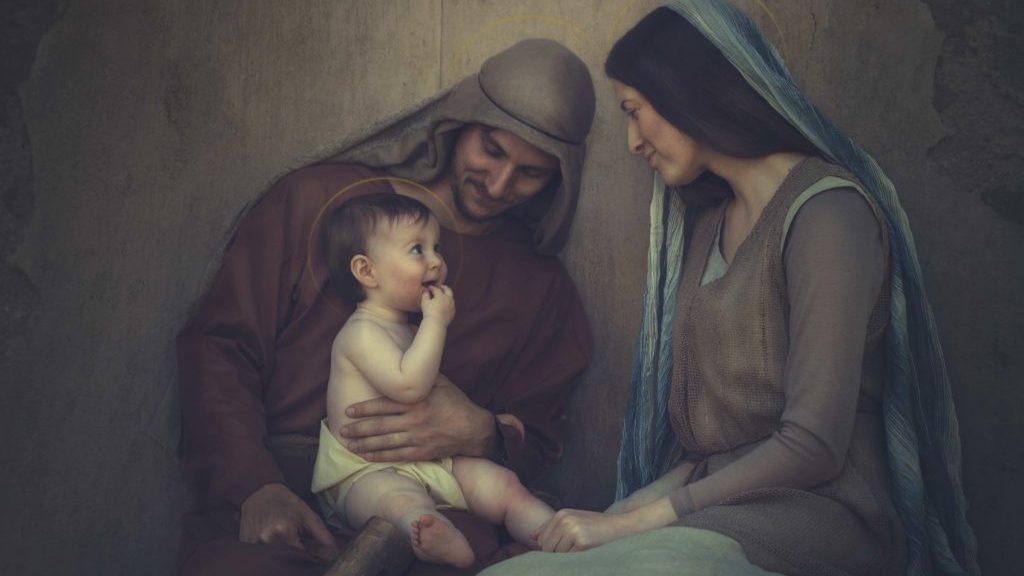

Deacon-structing: The Nativity
Deacon Pedro
Sunday, December 25, 2016

 Every week, Deacon Pedro takes a particular topic apart, not so much to explore or explain the subject to its fullness, but rather to provide insights that will deepen our understanding of the subject. And don’t worry, at the end of the day he always puts the pieces back together. There are no limits to deaconstructing: Write to him and ask any questions about the faith or Church teaching: pedro@saltandlighttv.org
Every week, Deacon Pedro takes a particular topic apart, not so much to explore or explain the subject to its fullness, but rather to provide insights that will deepen our understanding of the subject. And don’t worry, at the end of the day he always puts the pieces back together. There are no limits to deaconstructing: Write to him and ask any questions about the faith or Church teaching: pedro@saltandlighttv.orgRelated Articles:
Category: Advent and Christmas, Deacon-structing, Featured, Twitter
Tag: Christmas, Nativity
Deacon-structing: Electing a Pope
Monday, May 5, 2025
 Deacon Pedro
Deacon Pedro
Deacon Pedro explores the ins and outs of a modern Conclave, and asks, "Where is the Holy Spirit in all this?"
Pope Francis’ Catechesis – February 19, 2025
Wednesday, February 19, 2025
 Pope Francis
Pope Francis
Pope Francis continued his cycle of catechesis on "Jesus Christ our Hope," as part of the Jubilee 2025. This week he reflected on the visit of the Magi to the infant Jesus, writing that the Magi "are men who do not stay still but, like the great chosen ones of biblical history, feel the need to move, to go forth. They are men who are able to look beyond themselves, who know how to look upwards."
Pope’s General Audience – February 12, 2025
Wednesday, February 12, 2025
 Pope Francis
Pope Francis
In his Wednesday General Audience, Pope Francis continued this cycle of catechesis on "Jesus Christ our Hope," as part of the Jubilee 2025. This week he reflected on the birth of Christ and the visit of the shepherds, saying that "God, who comes into history, does not dismantle the structures of the world, but wants to illuminate them and recreate them from within."
Visit local pilgrimage sites this Jubilee Year
Thursday, January 30, 2025
 Maria Montemayor
Maria Montemayor
For the Jubilee of Hope, there are designated local pilgrimage sites in every country, and Canada is no exception. How is a local pilgrimage site determined? The local bishop can designate any parish, shrine, or basilica in his territory as a Jubilee Year pilgrimage site.
Creating Catholic streetwear
Thursday, January 9, 2025
 Maria Montemayor
Maria Montemayor
Fashion and clothing designed to draw people closer to God can inspire and even sanctify others. Nate Nagello, the CEO and owner of the Toronto-based Sanctified Collective, hopes the clothing he creates can provide opportunities for conversation, engagement, and evangelization.
SUPPORT LABEL
$50
$100
$150
$250
OTHER AMOUNT
DONATE










